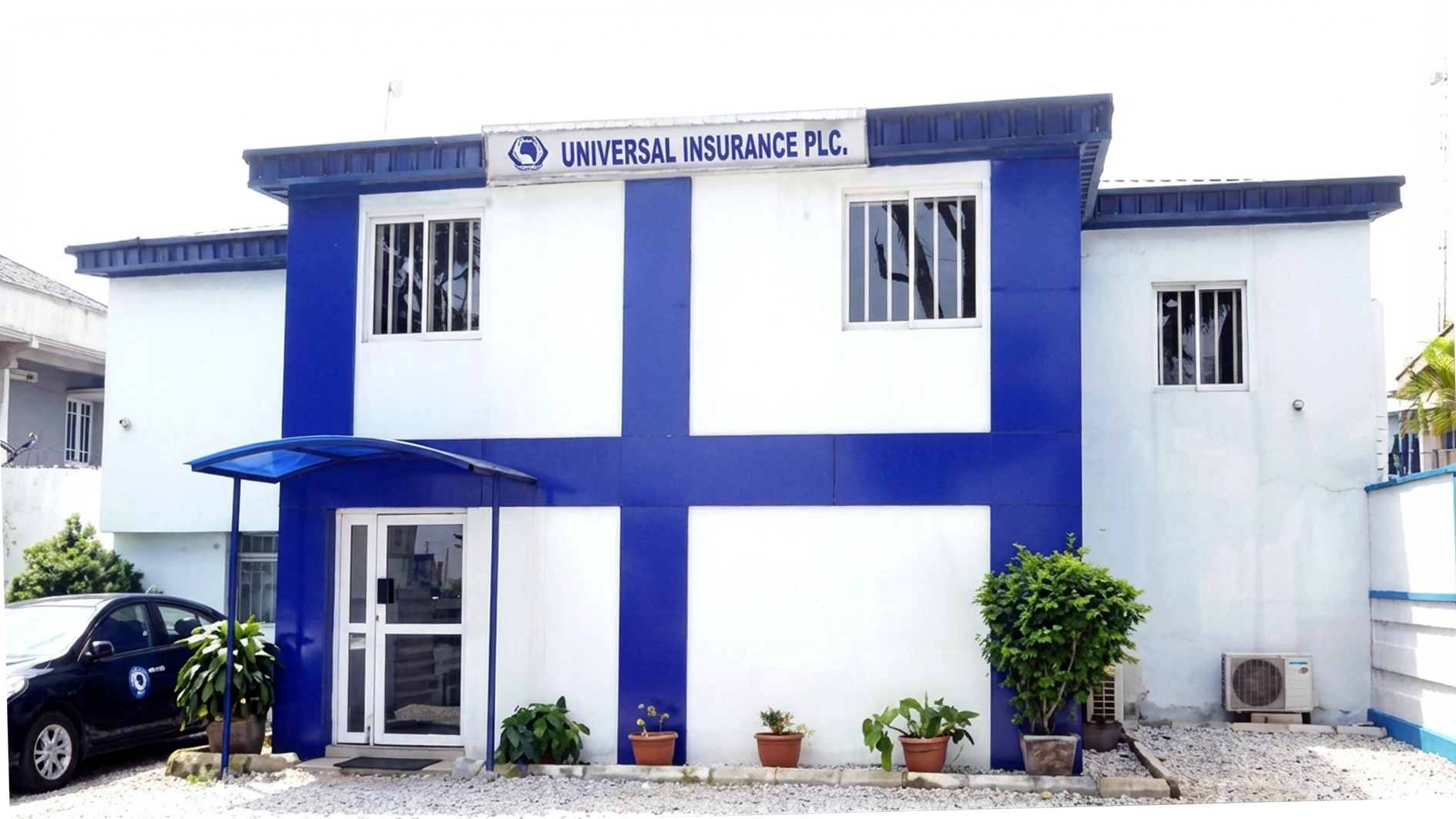
To a lot of Nigerians, transportation by road still remains the most viable option, considering government’s inability to develop and harness the potentials of other means of transportation.
At a recent stakeholders’ meeting organised by the Federal Government to review the implementation of the automotive policy, automobile assemblers in the country called on government to ban the importation of used vehicles.
They further urged government to implement the remaining 35 per cent import tariff on Tokunbo vehicles coming into the country, supposedly, in line with the policy.
According to them, as a result of the continued importation of used vehicles into the country, efforts geared at improving the lot of assembling plants have not yielded the desired result. However, some have argued that the policy did not take into consideration, the purchasing power of Nigerians, who patronise used vehicles, when compared to the prohibitive cost of locally assembled and imported new vehicles.
They noted that the assemblers currently add zero local content in their vehicles; so, they are doing the country little good in terms of value addition.
Available statistics show that market for new and used cars in the country stands at about $6b, with used vehicles accounting for huge percentage of the more than 500,000 vehicles imported into the country yearly.
Effort to produce vehicle locally in Nigeria, according to PricewaterhouseCoopers (PwC), is inching, but may not yield desired result until 2050. Base on the PwC report, Nigerians imported as many as 335,000 used cars, as well as 90,000 new cars. But just 30,000 cars were assembled locally.
Though, the policy, which has attracted investment from about 45 assemblers and part builders such as, Toyota, Ford and Volkswagen was laudable, an economist and private sector advocate, who is also the Director-General of the Lagos Chamber of Commerce and Industry, Muda Yusuf, believes that any attempt to ban or increase tariff on used vehicle will create severe economic effects.
According to Yusuf, government must look at policies that will rather perk up the economy and help people survive current challenges being witnessed in the country than the ones that further bring hardship.
He added, “banning or increasing tariff on Tokunbo vehicle in the country is not realistic right now. Even in advance economies, fairly used vehicles are still being sold.”
He said the purchasing power of average Nigerian favours fairly used vehicles, because brand new cars are very expensive. His words: “Such attempts will do more harm that good.”
On the demand for 70 per cent increase in tariff for second hand cars, the Managing Director and Chief Executive Officer of Admiralty Motors Limited, Maryann Chukwueke, said it is more like putting the cart before the horse.
To her, banning Tokunbo cars does not have anything to with the country making progress. “There is no progress there. We live in a country, where poverty is at about 70 per cent, and poverty is about how much income is at people’s disposal to make a living. In other countries, an average person can get finance, but in this country, we have little of such,” Chukwueke stated.
Since there is no new reasonable car that is less than N3m in Nigeria, Chukwueke believes used vehicles remain the option for the average person to cope with the non-efficient transport system in the country.
“How many people can afford new cars, when a brand new Corolla is going for at least N5m? How many Nigerians can get such money?” She asked. “So many of these things are premature, we have to do the basic things first.”
Managing Director, Efritin, an online platform that specialises in selling used vehicles, Gbenro Dara, said Nigeria’s current economic situation and high price of brand new vehicles created huge market for used cars. In fact, used vehicles are the organisation’s best selling product since the Sweden Company opened in Nigeria early last year.
As at the time of this report, The Guardian gathered there were about 4,770 vehicles listed on the platform. The figure was the largest, followed by electronics (4,253), clothing, health and beauty (3,654) and others.
The online marketer noted that car market is huge in Nigeria, adding that the growth in middle class is boosting the number of first-time buyers.
“Despite the fact that new companies are coming into Nigeria to assemble vehicle, not everybody is able to buy brand new cars. The growth we have seen is more of the used vehicles,” Dara said.
Principal Consultant, Media Advocate Limited, a marketing communications and automotive resource company, Manny Philipson, also said used vehicle market was not a hindrance to the takeoff of the automotive policy.
According to him, the markets can operate side-by-side, as the situation is in developed countries. But government should regulate the operations of the market, by introducing equal tariff for the importation of both Fully-built-up (FBU) vehicles and used automobiles.
His reasons are to further protect evolving local plants and make their products competitive. “This policy was practised 40 years ago, when the first vehicle plants were launched in Nigeria. Even before then, conglomerates such as, CFAO, Madilas and John Holt had explored the potential of local vehicle assembly and they all benefited immensely. So, what are we debating? Government should rather review books and make necessary modifications and plug loop holes that had caused the previous policy to fail,” Philipson stated.
A consultant in automobile matters, Oscar Odiboh, however, holds a contrary view. He wants government to carefully put a ban or increase import bills on Tokunbo so that the country can industrialise, which was reason for the policy. “If the used vehicle market keeps striving, we are not going to achieve that goal,” Odiboh stressed.
Chairman of Innoson Group of Companies, Innocent Chukwuma, a local vehicle manufacturer in the country, said the purchasing power of Nigerians favour second-hand vehicles.
To Chukwuma, his “dream is to push towards making second hand vehicles unattractive in Nigeria.”
He said brand new vehicle must become affordable to rev up the market for new vehicles. “Make it cheap and affordable; make the spare parts available and Tokunbo will go. We must make new vehicles cheap so that used cars will become a thing of the past,” he said.
Adding to Chukwuma’s submission, President of Coscharis Group, Cosmas Maduka, said government should ban importation of second hand vehicles to boost new car market in the country.
He urged government to put in place financial scheme that would assist local manufacturers and end users, noting: “If government makes the environment enabling to assist local manufacturers, foreign investors will come in.”
Meanwhile, the Director General of National Automotive Design and Development Council (NADDC), Aminu Jalal, has said plans are underway for credit facilities to be provided Nigerians to procure brand new vehicles. This will be facilitated by West Bank of South Africa.






